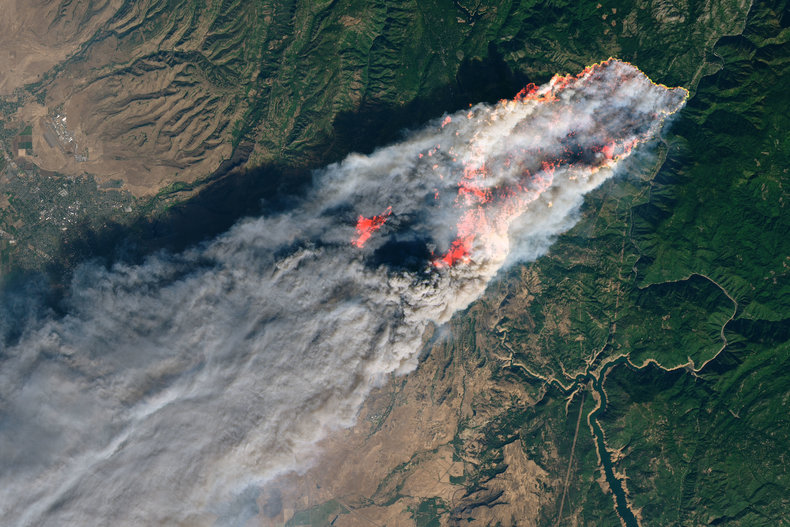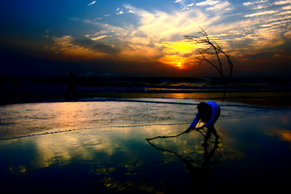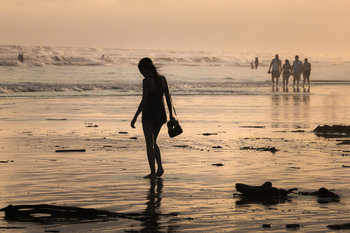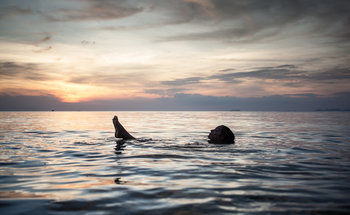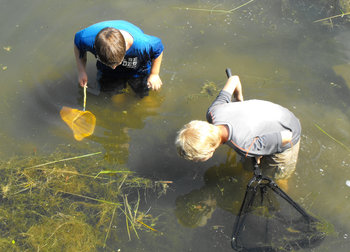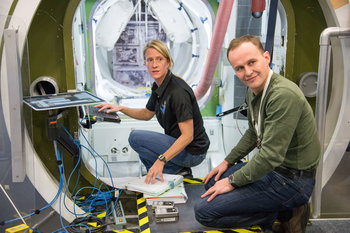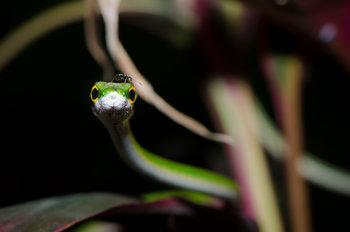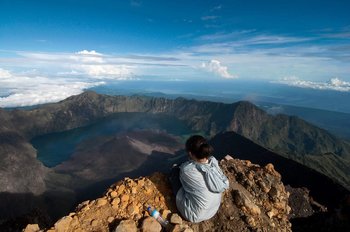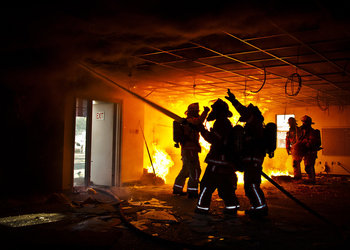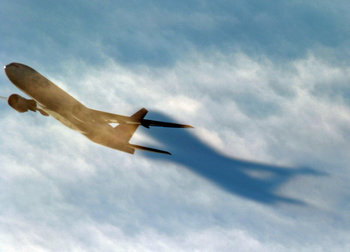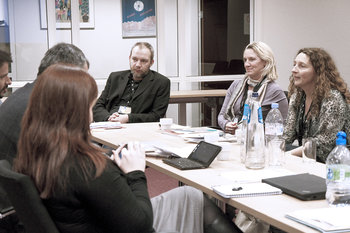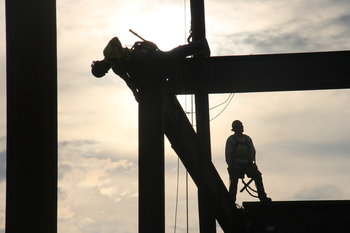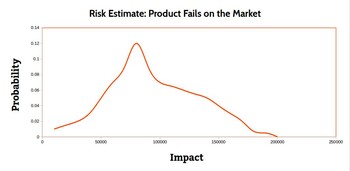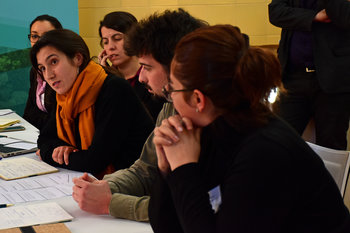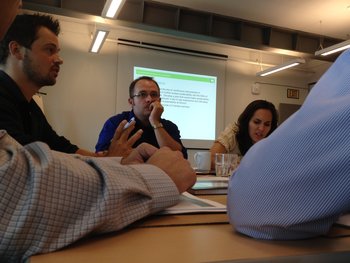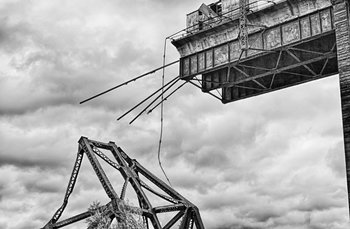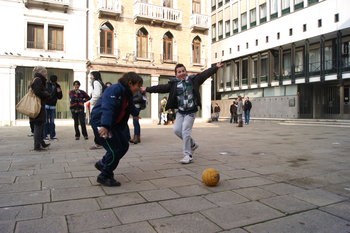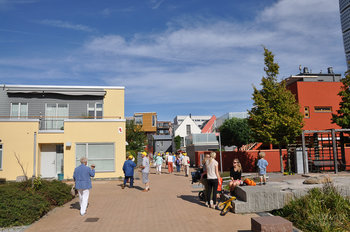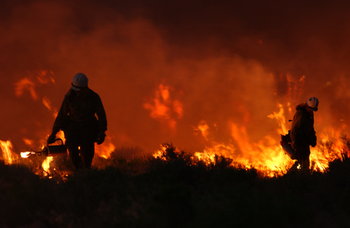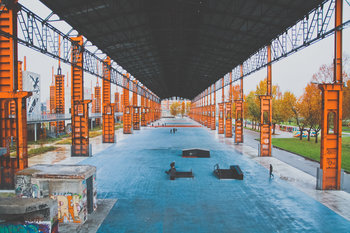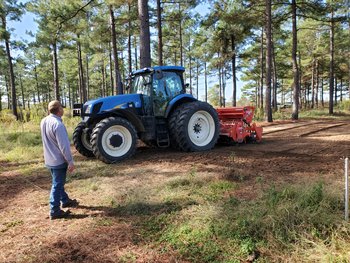|
| |
Natural disasters are major adverse events that result from natural processes. These are typically related to weather, geological processes or space. Natural disasters imply events that are sudden and somewhat unpredictable as opposed to slow running processes such as desertification. Humans can contribute to natural disasters as they influence things such as climate, ecosystems and landforms. Likewise, humans have the potential to prevent or mitigate certain types of natural disasters. For example, reducing avalanches with infrastructure such as snow racks, avalanche snow bridges and snow nets. The following are common types of natural disaster.
Avalanches | Cold Waves / Extreme Cold | Droughts | Dust Storms / Sandstorms | Earthquakes | Floods / Flash Floods | Hailstorms | Heat Waves / Extreme Heat | Hurricanes & Typhoons | Ice Storms | Impact Events (i.e. impact of asteroids, meteoroids or comets) | Landslides & Mudslides | Limnic Eruptions | Severe Storms | Severe Thunderstorms / Supercell Thunderstorms | Sinkholes | Solar Flares / Geomagnetic Storms | Tornadoes | Tropical Storms | Tsunami | Volcanic Eruptions / Supervolcanic Eruption | Wildfires / Firestorms | Winter Storms & Blizzards |
| Location | Name | | North Atlantic / Eastern Pacific Ocean | Hurricanes | | Western Pacific Ocean | Typhoons | | Indian Ocean | Tropical Cyclones |
Nature
This is the complete list of articles we have written about nature.
If you enjoyed this page, please consider bookmarking Simplicable.
© 2010-2023 Simplicable. All Rights Reserved. Reproduction of materials found on this site, in any form, without explicit permission is prohibited.
View credits & copyrights or citation information for this page.
|
